On this day in 1990, entertainment legend Sammy Davis, Jr., passed away at his Beverly Hills home at the age of 64. Born on December 8, 1925, in New York City to a show business family, he played a pivotal role in breaking down racial barriers as he established himself as one of the greatest entertainers of the 20th century.
Davis’ talent was developed at a young age. At the age of three, he started dancing in vaudeville and eventually joined forces with his father and Will Mastin as the Will Mastin Trio. In 1933, he made his film debut in “Rufus Jones for President.” Thanks to the calculated efforts of his father and “Uncle” Will Mastin, Davis was shielded from the harsh realities of racism. When he was drafted into the United States Army during World War II, Davis encountered blatant racial discrimination for the first time.
“Overnight the world looked different,” Davis said, as noted by The Oral Cancer Foundation. “It wasn’t one color anymore. I could see the protection I’d gotten all my life from my father and Will. I appreciated their loving hope that I’d never need to know about prejudice and hate, but they were wrong.”
Eventually, he was transferred to an entertainment regiment, which lessen the mistreatment he had received up until that point.
“My talent was the weapon, the power, the way for me to fight,” he said. “It was the one way I might hope to affect a man’s thinking,”
After he was discharged from the military, he rejoined the Will Mastin Trio. By the 1950s, the group was headlining major acts throughout the nation. However, in 1954, he was involved in a car accident in which he lost his eye. During his recovery, he spoke with a rabbi and learned of many similarities between the struggles endured by Jewish people and Black Americans. After the incident, he converted to Judaism and frequently joked that he was the only one-eyed Jewish Black man in entertainment.
Davis’s first two albums, “Starring Sammy Davis, Jr.,” “and Sammy Davis, Jr. Sings Just for Lovers,” both received much critical and commercial acclaim. He appeared in various television shows and became a founding member of the Rat Pack along with Frank Sinatra and Dean Martin, which allotted him a reliable income and a high profile.
Despite his success, he was a frequent target of racism in his personal and professional lives. He eventually refused to perform at venues that practiced racial segregation, and was forced to hire bodyguards after he married his second wife. During the 1960s, he became active in the Civil Rights Movement and participated in the 1963 March on Washington.
Davis continued his groundbreaking career throughout the 1970s and 80s, with various television appearances and chart-topping hits. However, his health began to decline and in 1989, a tumor was discovered in his throat. In April 1990, a television special was filmed in Davis’ honor, and a few weeks later, he passed away from throat cancer. In memoriam, the lights on the Las Vegas Strip were darkened for 10 minutes; only the deaths of President John F. Kennedy and of Martin Luther King, Jr., were previously granted the same honor.
Davis was granted many accolades throughout his life. He was nominated for a Golden Globe Award and an Emmy Award. He was the recipient of the Kennedy Center Honors and the Spingarn Medal by the NAACP. In 2001, he was posthumously awarded the Grammy Lifetime Achievement Award.
Various biographies and autobiograhies were released during his life and after. In 1965, he published his first autobiography “Yes I Can: The Story of Sammy Davis, Jr.,” and “Why Me?” in 1980. A third autobiography, “Sammy,” was released posthumously in 2000, and the Wil Haygood biography, “In Black and White: The Life of Sammy Davis, Jr.,” was published in 2003.
Sources: Oral Cancer Foundation, Biography





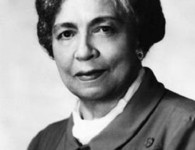
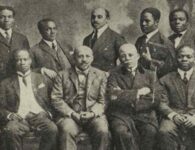
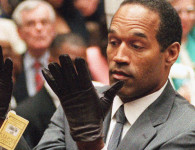


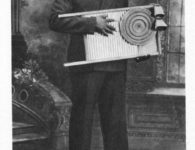


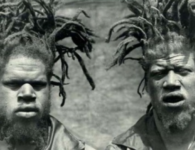
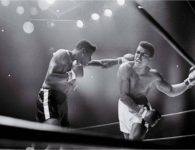
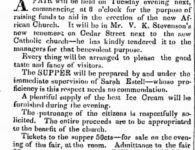

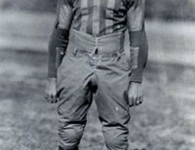

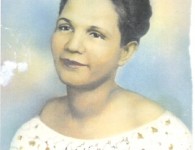

No comments